Overview
In a world filled with distractions and endless to-dos, mastering productivity is more crucial than ever. Fortunately, the right insights and strategies can transform your habits, streamline your workflow, and help you achieve your most ambitious goals. This article explores the best productivity books that offer actionable advice and proven techniques to maximize your potential.
Why Invest in Productivity Books? The Power of Knowledge and Habit Formation
Productivity isn’t just about working harder; it’s about working smarter. Specifically, productivity books provide a wealth of knowledge, backed by research and real-world experience, to help you:
- Understand Proven Productivity Frameworks: Learn effective strategies for time management, task prioritization, and goal setting.
- Develop Sustainable Habits: Discover techniques for building positive habits and breaking negative ones.
- Overcome Procrastination and Distractions: Gain insights into the psychology of procrastination and learn strategies to stay focused.
- Improve Focus and Concentration: Discover methods to enhance your attention span and minimize distractions.
- Boost Motivation and Drive: Find inspiration and motivation to pursue your goals with greater clarity and purpose.
Top Picks – The Best Productivity Books for Transforming Your Life
To get started here’s a curated list of the best productivity books that have helped countless individuals achieve greater efficiency and success:
“Atomic Habits” by James Clear
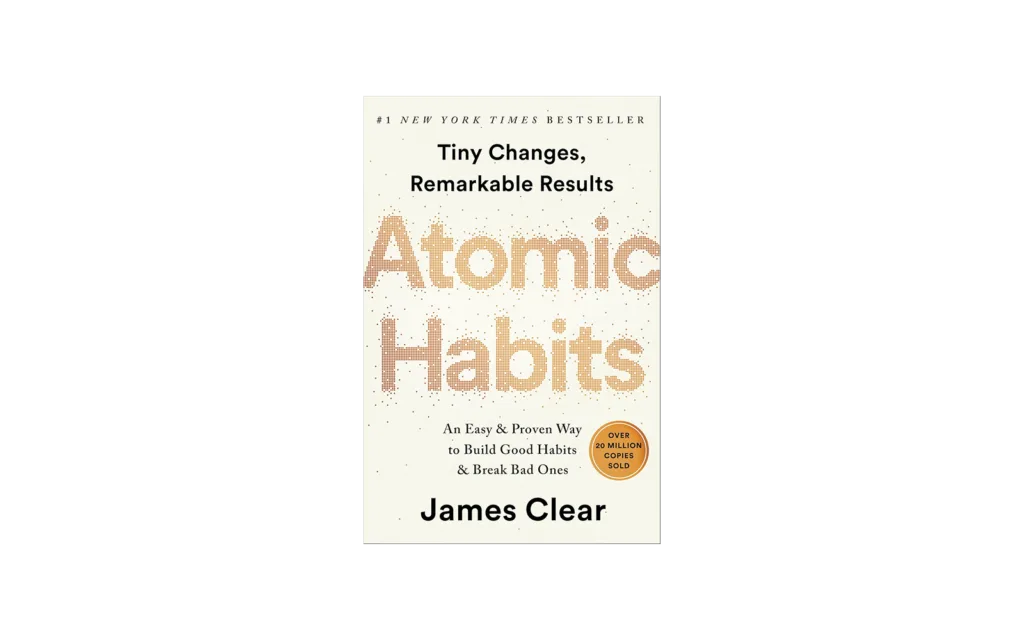
This book provides a practical and proven framework for building good habits and breaking bad ones. Additionally, Clear’s insights into the science of habit formation make this book a must-read for anyone looking to make lasting changes.
“Deep Work” by Cal Newport
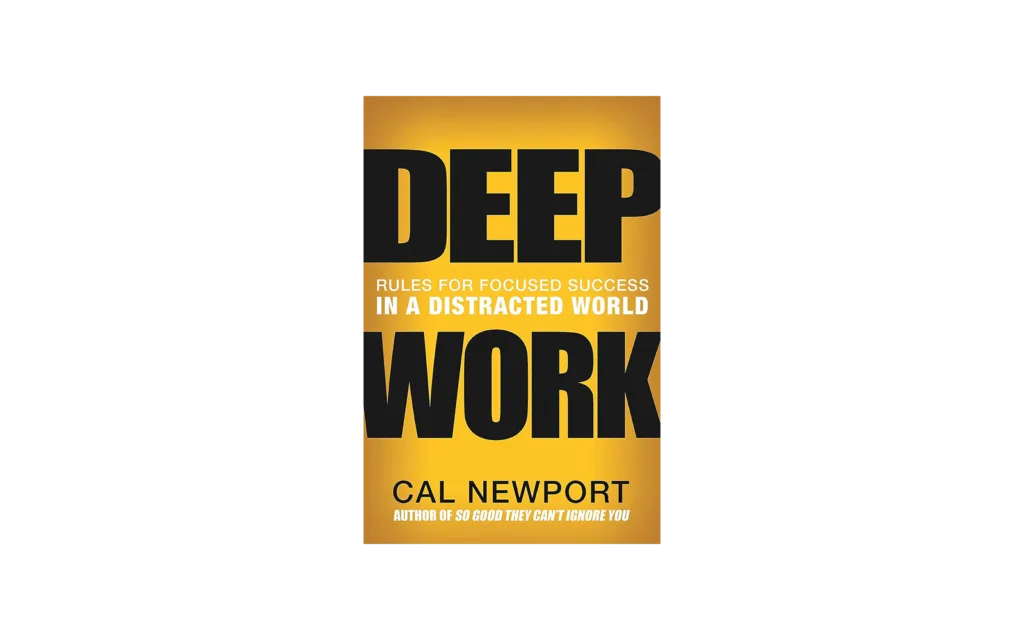
Newport explores the importance of focused, distraction-free work in an increasingly noisy world. Moreover, he provides strategies for cultivating deep work habits and maximizing your cognitive potential.
“The 7 Habits of Highly Effective People” by Stephen R. Covey
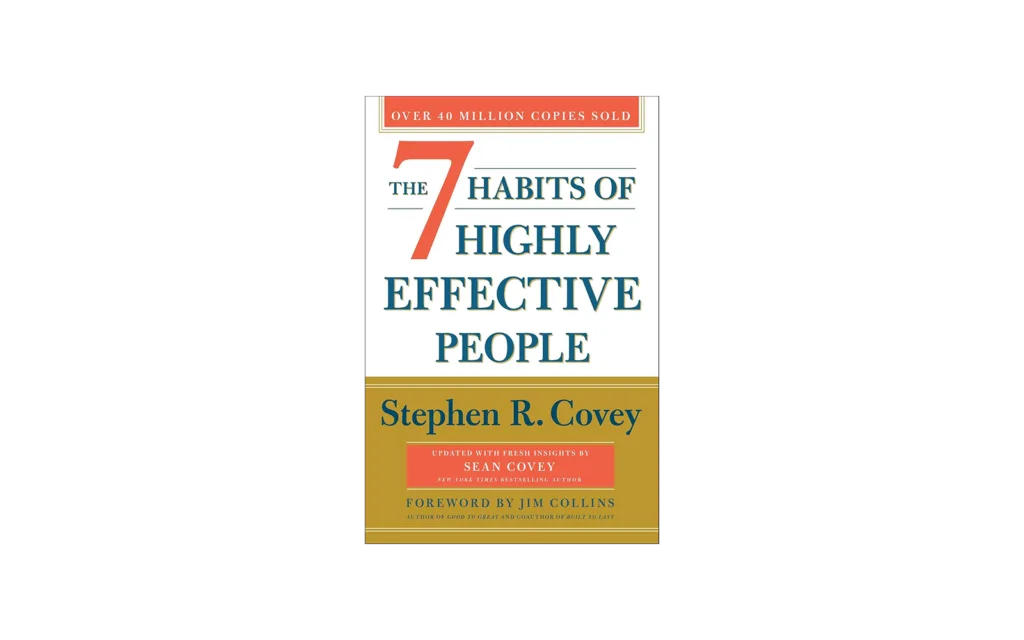
A timeless classic that offers a holistic approach to personal and professional effectiveness. Covey’s principles of proactive behavior, goal setting, and interdependence are still relevant today.
“Getting Things Done” by David Allen
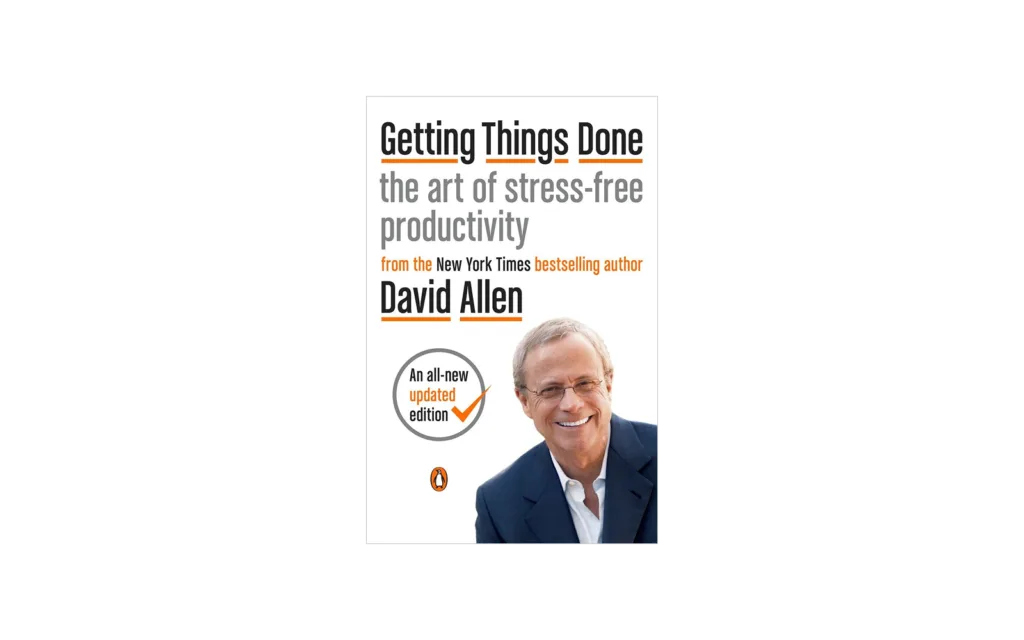
This book introduces the GTD method, a powerful system for managing tasks and reducing stress. Specifically, Allen’s approach to capturing, clarifying, organizing, and reflecting on tasks can help you achieve a sense of control and clarity.
“Essentialism: The Disciplined Pursuit of Less” by Greg McKeown
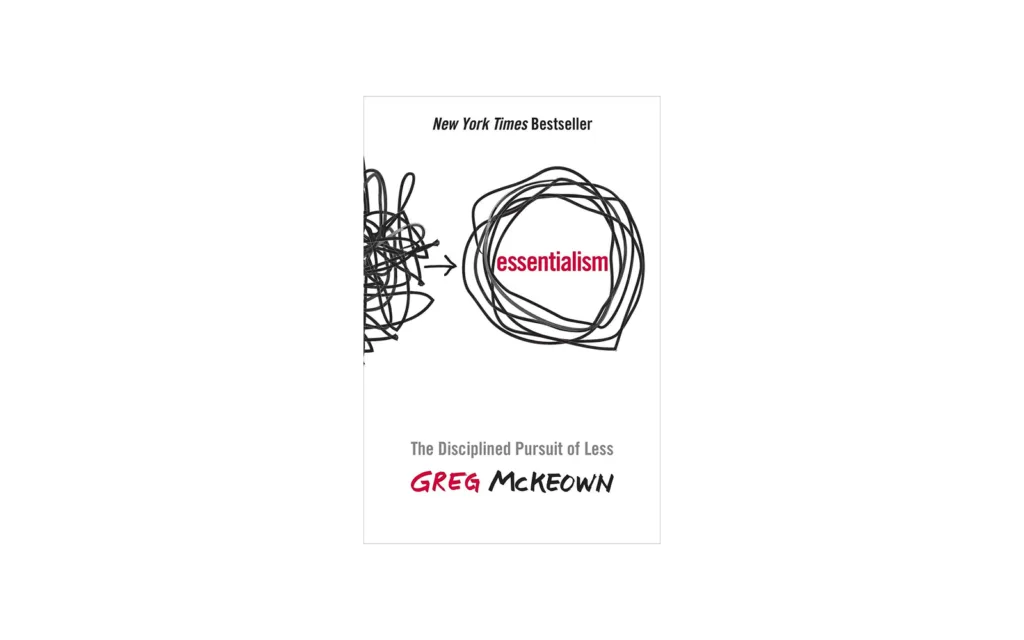
McKeown challenges the conventional wisdom of doing more and instead advocates for focusing on the essential. This book helps you identify what truly matters and eliminate everything else.
“The One Thing” by Gary Keller and Jay Papasan
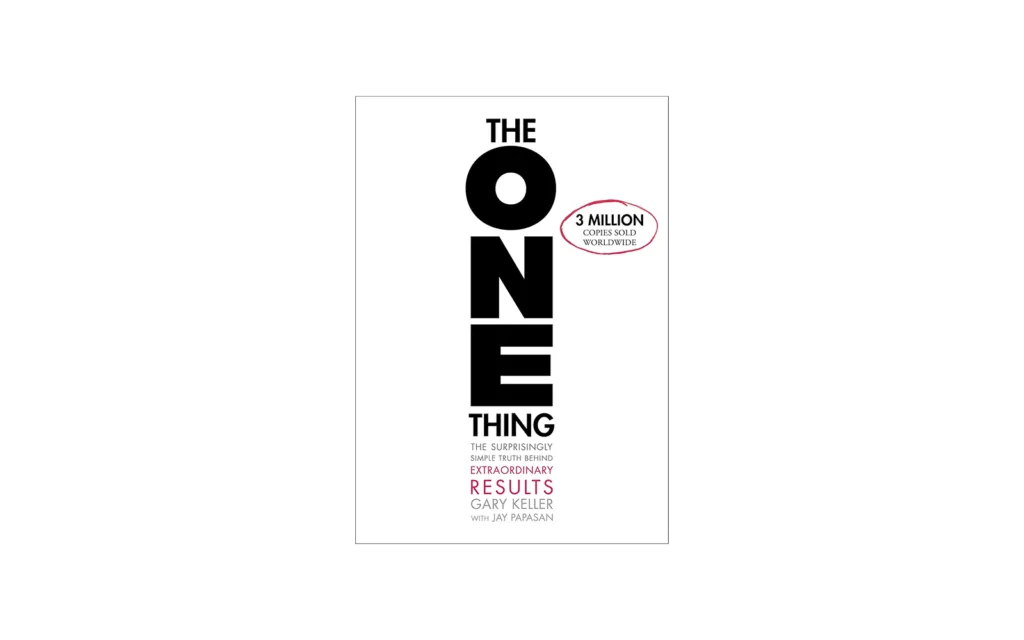
This book focuses on the power of focusing on your “one thing” – the single most important task that will make everything else easier or unnecessary.
“Indistractable” by Nir Eyal
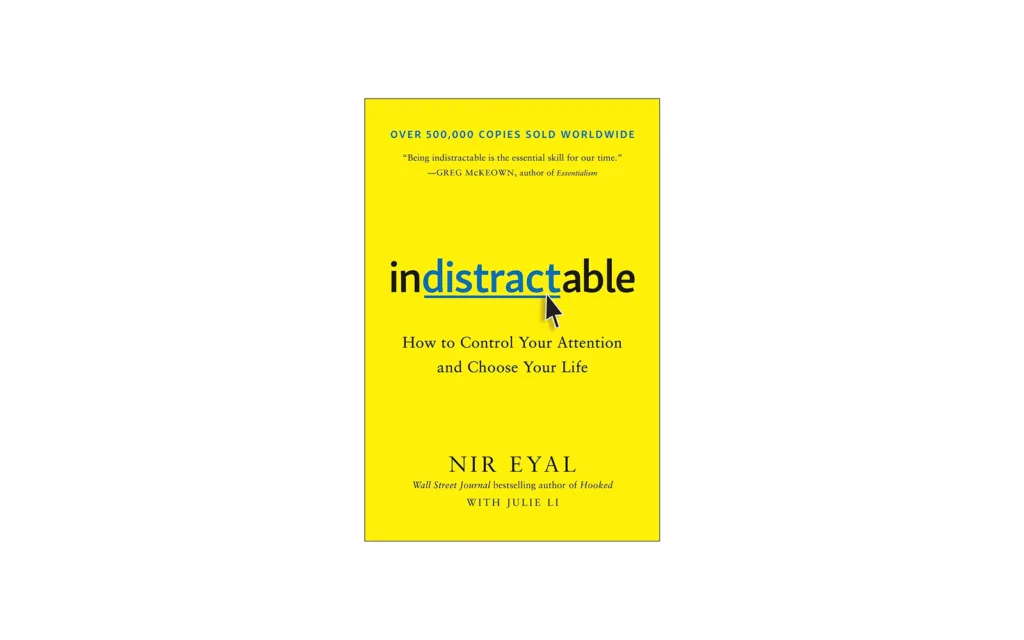
Eyal dives into the psychology of distraction and, importantly, provides practical strategies for becoming indistractable in a world designed to capture your attention. Furthermore, he emphasizes the importance of understanding both internal and external triggers that lead to distraction. Additionally, these strategies empower you to regain control and focus, ultimately helping you achieve your goals with greater clarity and purpose.
Key Takeaways and Actionable Advice from Productivity Books

Below are some key takeaways and actionable tips that you can implement from these transformative books:
- Focus on Systems, Not Goals: “Atomic Habits” emphasizes the importance of creating systems that support your desired habits.
- Prioritize Deep Work: “Deep Work” encourages you to schedule dedicated blocks of time for focused, uninterrupted work.
- Begin with the End in Mind: “The 7 Habits of Highly Effective People” stresses the importance of defining your goals and values.
- Capture and Organize Your Tasks: “Getting Things Done” provides a system for managing your to-dos and reducing mental clutter.
- Identify Your Essential Priorities: “Essentialism” teaches you to focus on the vital few and eliminate the trivial many.
- Find Your One Thing: “The One Thing” helps you identify the single most important task that will drive your success.
- Master Internal and External Triggers: “Indistractable” provides tools to control your attention and minimize distractions.
Implementing Productivity Strategies – Creating Lasting Change

Reading productivity books is just the first step. However, to create lasting change, you need to implement the strategies and techniques you learn.
- Start Small and Be Consistent: Focus on building small habits and gradually increasing their complexity.
- Track Your Progress: Use a journal or productivity app to track your habits and progress.
- Create a Supportive Environment: Minimize distractions and create a workspace that supports your focus.
- Find an Accountability Partner: Share your goals and progress with someone who can provide support and encouragement.
- Reflect and Adjust: Regularly review your habits and strategies and make adjustments as needed.
The Role of Technology in Enhancing Productivity
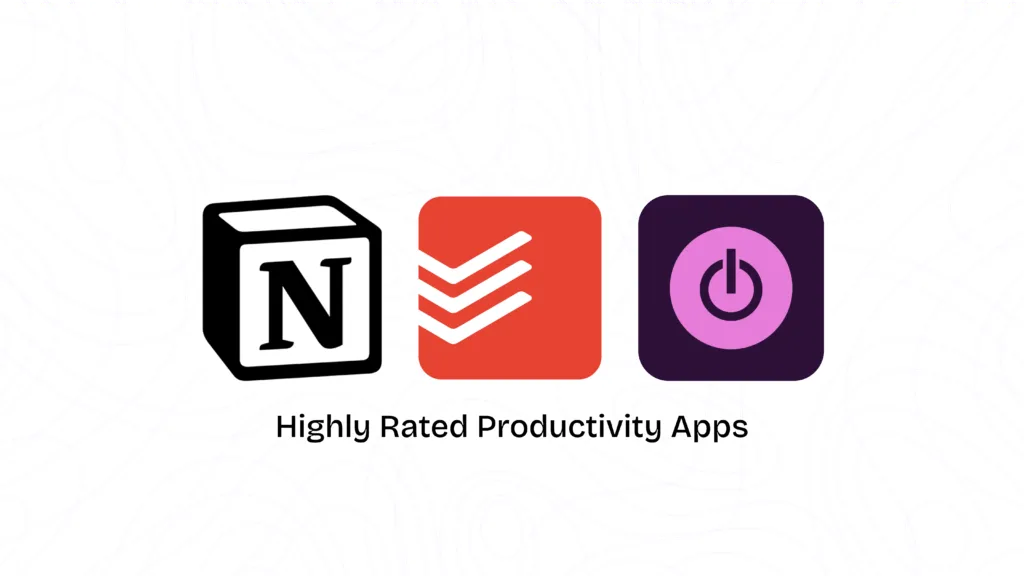
While productivity books provide valuable insights, technology can also play a significant role in enhancing your efficiency.
- Productivity Apps: Use apps like Todoist, Notion, or Evernote to manage tasks and projects.
- Time Management Tools: Employ tools like Toggl Track or RescueTime to track your time and identify time-wasting activities.
- Focus-Enhancing Software: Use apps like Freedom or Focusmate to block distractions and stay focused.
Overcoming Common Productivity Challenges

Even with the best strategies, you may encounter challenges along the way.
- Procrastination: Identify the root causes of procrastination and use techniques like the Pomodoro Technique to overcome it.
- Distractions: Minimize distractions by creating a dedicated workspace and using focus-enhancing tools.
- Burnout: Prioritize self-care and take regular breaks to avoid burnout.
- Lack of Motivation: Find your “why” and connect with your goals on an emotional level.
Measuring Your Productivity and Progress
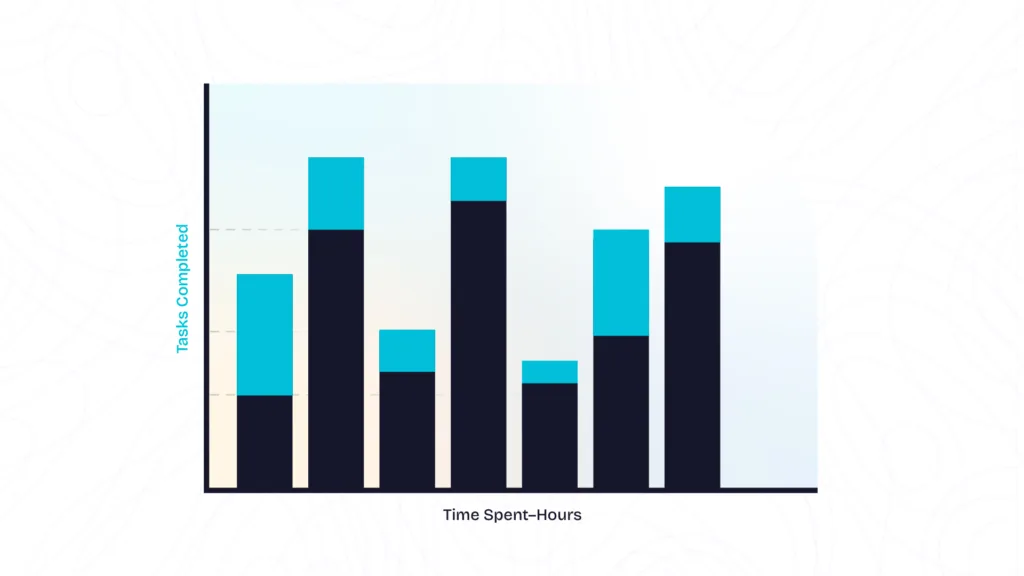
To ensure your strategies are effective, it’s essential to track your progress and measure your productivity.
- Track Key Metrics: First, monitor metrics like tasks completed, time spent on focused work, and progress toward goals.
- Reflect on Your Performance: Furthermore, Regularly review your progress and identify areas for improvement.
- Adjust Your Strategies: Finally, Based on your findings, adjust your strategies to optimize your productivity.
The Ongoing Journey of Productivity and Self-Improvement

Productivity is a continuous journey of learning and improvement. Therefore, embrace the process, experiment with different strategies, and find what works best for you.
Summary & Insights
In Conclusion, mastering productivity is an ongoing journey, not a one-time achievement. By applying the insights from these top productivity books, you can not only build effective habits but also sharpen your focus and make meaningful progress toward your goals. Moreover, remember that real change happens through consistent action—start small, track your progress, and, over time, refine your strategies as you go. Additionally, with the right mindset and tools, you can transform your productivity and create a more focused, fulfilling life. Ultimately, keep learning, keep improving, and watch your potential unfold.
Join Our Newsletter
Your Weekly Source for Technology & Productivity Insights.
Stay ahead with DeepNade, our free weekly newsletter delivering the latest in technology trends, productivity, and curated high-quality insights from across the web—straight to your inbox. No fluff, just value.
By submitting this form, you’ll be signed up for our free newsletter. We may also send you other emails about our products. You can opt-out at any time. For more information, see our privacy policy.
In This Article–
→ 1) 📚 Why Invest in Productivity Books? The Power of Knowledge and Habit Formation
→ 2) 🔥 Top Picks – The Best Productivity Books for Transforming Your Life
→ 3) ✅ Key Takeaways and Actionable Advice from Productivity Books
→ 4) 🚀 Implementing Productivity Strategies – Creating Lasting Change
→ 5) 🤖 The Role of Technology in Enhancing Productivity
→ 6) 📈Measuring Your Productivity and Progress
→ 7) 🏗️ The Ongoing Journey of Productivity and Self-Improvement
Frequently Asked Questions (FAQs)
This section provides answers to common questions, helping you quickly find relevant information.
1. Why should I read productivity books?
Productivity books offer proven strategies and frameworks to improve your time management, focus, and overall efficiency. They provide insights into habit formation, goal setting, and overcoming common productivity challenges.
2. Which productivity book is best for beginners?
“Atomic Habits” by James Clear is an excellent starting point. Moreover, It provides a practical and easy-to-understand approach to building good habits and breaking bad ones.
3. What book can help me overcome procrastination?
“Indistractable” by Nir Eyal, consequently, offers strategies for understanding and overcoming the internal and external triggers that lead to procrastination.
4. How can I improve my focus and concentration?
“Deep Work” by Cal Newport, therefore, provides insights into cultivating focused, distraction-free work habits to maximize your cognitive potential.
5. What book can help me prioritize my tasks effectively?
“Essentialism: The Disciplined Pursuit of Less” by Greg McKeown, therefore, teaches you to focus on the vital few and eliminate the trivial many.
6. Is “The 7 Habits of Highly Effective People” still relevant today?
Absolutely, Stephen R. Covey’s principles of proactive behavior, goal setting, and interdependence remain highly relevant for personal and professional effectiveness.
7. How can I manage my tasks and reduce stress?
In “Getting Things Done” David Allen specifically introduces the GTD method, a powerful system for managing tasks and achieving a sense of control and clarity.
8. What is “The One Thing” and how can it help me?
“The One Thing” by Gary Keller and Jay Papasan focuses on identifying the single most important task that will make everything else easier or unnecessary.
9. How can I make the strategies from productivity books stick?
- Start small and be consistent.
- Track your progress.
- Create a supportive environment.
- Find an accountability partner. Reflect and adjust your strategies.
- Reflect and adjust your strategies.
10. Can technology help improve my productivity?
Indeed, productivity apps, time management tools, and focus-enhancing software can complement the strategies learned from productivity books.
11. What are some common productivity challenges and how can I overcome them?
- Procrastination: Use techniques like the Pomodoro Technique.
- Distractions: Create a dedicated workspace and use focus-enhancing tools.
- Burnout: Prioritize self-care and take regular breaks.
- Lack of Motivation: Find your “why” and connect with your goals emotionally.
12. How do I measure my productivity and progress?
Track key metrics like tasks completed, time spent on focused work, and progress toward goals. Furthermore, regularly reflect on your performance and adjust your strategies.
13. Are there any productivity books focused on creativity?
While not strictly productivity, books like “Big Magic” by Elizabeth Gilbert, or “The War of Art” by Steven Pressfield, can help with creative productivity, by overcoming creative blocks.
14. Can listening to audiobooks help with productivity?
Yes, audiobooks provide a convenient way to learn while commuting, exercising, or doing chores. Platforms like Audible offer a wide selection of productivity books.
15. How do I choose the right productivity book for me?
Consider your specific productivity challenges and goals. Additionally, read reviews and summaries to find books that align with your needs.




